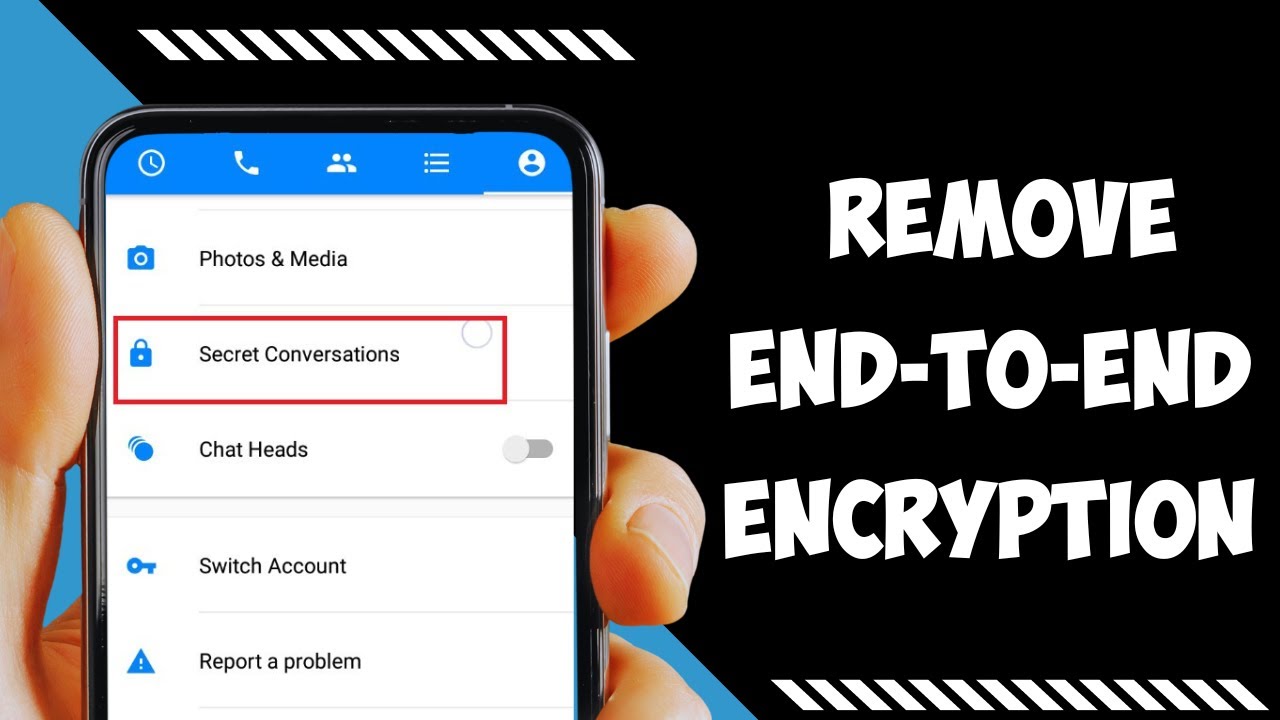WhatsApp, the widely-used messaging app that has connected people globally for years, has always sparked curiosity about its monetization strategy, especially since it has remained ad-free since its inception.
Recently, Will Cathcart, the head of WhatsApp, clarified the platform’s future by confirming that in-app ads are on the horizon.
In this article, we’ll explore the implications of this development for WhatsApp users.
Get prepared to encounter advertisements while using WhatsApp.
One pressing question on everyone’s mind: Could Anyone charge its users for access? Fortunately, WhatsApp remains a free application.
However, Will Cathcart has disclosed a significant update – the introduction of ads. These ads will not intrude into your chat conversations but will instead appear in the Status and Channels sections of the app.
WhatsApp is rolling out self-destructing audio messages in its beta phase.
Details on how ads will be presented in the Channels section have not been revealed. Yet, WhatsApp seems to draw inspiration from Instagram in the Status section.
As users navigate through shared content, they should anticipate encountering Status-formatted ads. Nonetheless, this change raises questions and concerns about the app’s future ad-free experience.
The Evolvapp’sealm of Free Applications
Numerous free platforms are pivoting towards monetization via subscription models, and WhatsApp’s decision to introduce ads may signal a shift in the company’s direction.
We’ve observed that platforms like YouTube have premium subscriptions for an ad-free experience.
This approach, where users can opt between ad-supported and premium packages, appears to be gaining traction.
WhatsApp might follow suit, offering users an ad-free, premium experience for a fee.
Why WhatsApp Ads Outperforms Other Channels
1. Most Popular Messaging App
According to a We Are Social and Hootsuite report, WhatsApp is the preferred messaging app among active social media users aged 16 to 64. In user preference and global usage, it surpasses Facebook Messenger and Instagram Direct by a significant margin.
WhatsApp boasts the highest penetration of all messaging apps worldwide, dominating monthly average users across diverse demographics. Its popularity stems from its free accessibility, global reach, multilingual support, and user-friendly interface.
Interestingly, WhatsApp initially faced slower adoption in the US and UK but has since become the leading messaging app among Android users in the US and all users in the UK, bolstered by its strong focus on security and end-to-end encryption.
2. Rise of WhatsApp Business
WhatsApp Business, launched in 2018, has revolutionized how small businesses engage with customers. With over 300 million downloads, WhatsApp Business enables better customer interaction and has driven a significant increase in conversion rates, with companies reporting a 20% boost in sales.
The WhatsApp Business API has empowered larger enterprises to implement WhatsApp into their marketing strategies, facilitating mass messaging campaigns and enhancing customer engagement.
3. Exceptional Message Delivery Rates
WhatsApp users check the app 25-30 times daily, ensuring high open and click-through rates for messages, including promotional content. The WhatsApp Business API guarantees nearly 100% message delivery, ensuring the effectiveness of marketing efforts.
4. Leading in Conversational Commerce
WhatsApp and WhatsApp Business lead in conversational commerce, offering personalized customer experiences through messaging platforms. Many businesses have successfully utilized WhatsApp to acquire customers and drive sales, establishing it as a leader in C-commerce.
5. Integration with E-commerce and Social Media
The WhatsApp Business API integrates seamlessly with e-commerce platforms like Shopify, streamlining sales processes, order tracking, and customer communications. This integration enhances the customer purchasing journey and optimizes conversion rates.
Additionally, businesses can connect their WhatsApp Business API with Facebook and Instagram to manage messages directly from these platforms, enhancing their social media presence and customer engagement strategies.
Tips for Crafting Effective WhatsApp Marketing Campaigns
1. Prioritize Quality Over Quantity
When creating WhatsApp ads, it’s tempting to focus on sending a high volume of messages quickly, compared with multimedia like images, videos, and audio notes. However, flooding users with excessive information in a short period can compromise the quality of your messaging.
While WhatsApp boasts high open and read rates, customers engage with ads that resonate with them. Focus on crafting compelling and relevant messages that capture their attention rather than bombarding them with content. Low-quality ads can harm your brand’s reputation and fail to connect with your audience.
2. Harness the Pobrand’sPersonalization
A significant advantage of WhatsApp marketing is the ability to deliver personalized messages tailored to each customer. Segment your audience based on demographics, interests, and behaviors to create targeted campaigns that foster engagement and sustain conversations.
Effective personalization involves understanding customer needs and preferences. This enables you to send messages that resonate on a personal level and drive interaction.
3. Embrace Local Languages
Effective communication hinges on delivering easily understandable and relatable messages to your audience. Utilize WhatsApp’s capability to send messages in local languages to enhance the relevWhatsApp’smpact of your marketing efforts.
Adapting your messaging to regional languages can increase engagement and strengthen your brand’s connection with diverse audiences.
4. Respect Customer Privacy
WhatsApp is a platform on which brand users value personal communication. While customers are receptive to brand interactions, it’s crucial to respect their privacy and avoid overwhelming them with excessive messages or emotional content.
Maintain credibility by messaging customers during appropriate times and prioritizing essential information that adds value without intruding on their personal space.
5. Solicit Feedback
Beyond advertising, WhatsApp is a valuable tool for collecting customer feedback, which is particularly beneficial for small businesses. Leverage WhatsApp’s high engagement rates to conduct polls and surveys, enabling customers to provide WhatsApp’s effortlessly.
Insights gained from customer feedback help refine product offerings, improve service quality, and gauge the success of your marketing initiatives.
6. Utilize Effective Tools
Numerous tools facilitate WhatsApp messaging management, offering capabilities such as bulk messaging, multilingual support, automated responses, and scheduling features. Choose tools that align with your campaign objectives and integrate seamlessly with other platforms like social media.
Integrating WhatsApp Business API with platforms such as Facebook enhances messaging capabilities, providing a cohesive approach to customer engagement across channels.
Selecting the right tools tailored to your marketing goals can optimize your WhatsApp strategy, enhancing efficiency and driving sales growth.
frequently Asked Question
What are in-app ads on WhatsApp?
In-app ads on WhatsApp will appear within specific sections of the app, such as Status and potentially Channels. These ads will be integrated into the user experience, allowing businesses to directly promote their products or services directly to WhatsApp users.
How will in-app ads affect users’ experience on WhatsApp?
For users, in-app ads mean encountering sponsored users while browsing Status updates or Channels. This introduces commercial messaging into what has traditionally been an ad-free platform, potentially altering the seamless and user-centric experience users have come to expect.
Will users still have control over the ads they see?
WhatsApp has not yet disclosed detailed information on user control mechanisms for ads. Typically, users might see ads based on their preferences and behaviors, but the extent of customization or opting out remains uncertain as WhatsApp integrates advertising into its platform.
What does this mean for privacy and data security?
Privacy concerns may arise as WhatsApp utilizes personal data for ad-targeting purposes. Users might wonder how their information is used and whether WhatsApp’s end-to-end encryption remains intact amidst ad implementation. Ensuring TranspWhatsApp’s correct data handling practices will be crucial for maintaining user trust.
Could there be alternative revenue models for users who prefer an ad-free experience?
WhatsApp may explore options like premium subscriptions to offer users an ad-free experience. This model would allow users to opt out of ads by paying a fee, similar to other platforms that balance ad-supported and subscription-based services.
Conclusion
The confirmation of in-app ads on WhatsApp marks a significant evolution for the platform, raising essential considerations for users. While it introduces new opportunities for businesses to engage with audiences directly, it also poses potential changes to the ad-free experience users have enjoyed so far. Critical questions about user control over ad preferences, privacy and data security implications, and the potential for alternative revenue models remain unanswered. As WhatsApp navigates these changes, maintaining transparency and addressing user concerns will be crucial.

